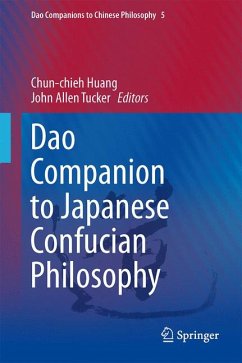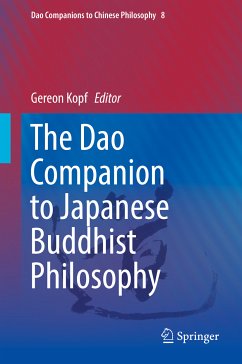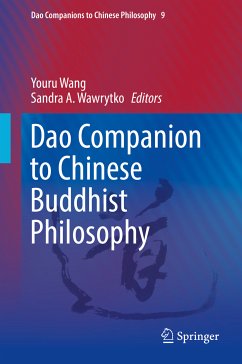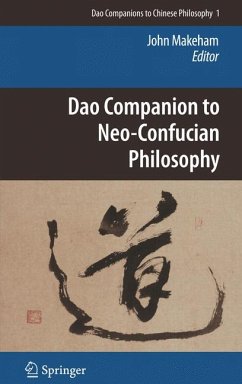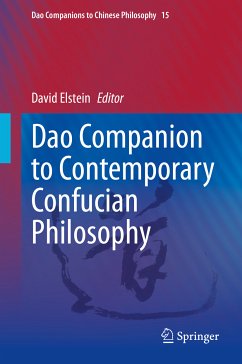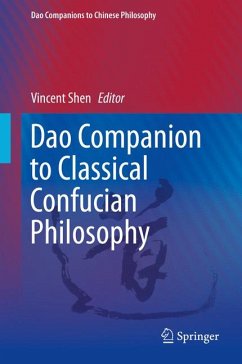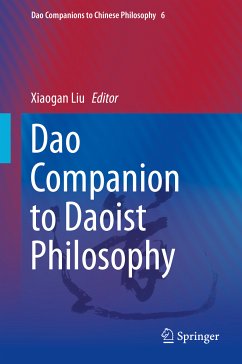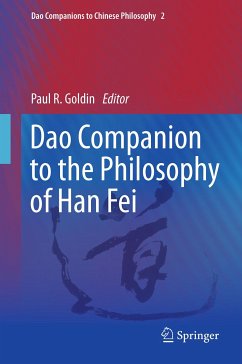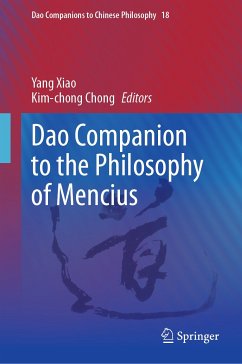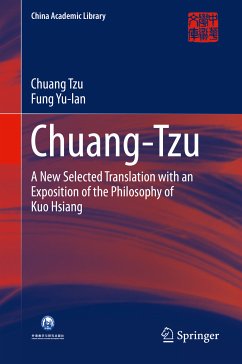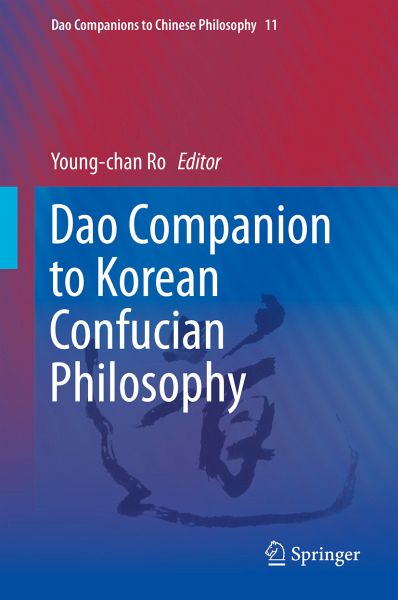
Dao Companion to Korean Confucian Philosophy (eBook, PDF)
Versandkostenfrei!
Sofort per Download lieferbar
128,95 €
inkl. MwSt.
Weitere Ausgaben:

PAYBACK Punkte
64 °P sammeln!
Deals with the historical, social, political, philosophical and spiritual dimensions of Korean Confucianism, arguably the most influential intellectual tradition, ethical and religious practice, and political-ideological system in Korea Surveys the most influential Korean Confucian scholars discussing their philosophical significance in relation to one of the most fundamental Neo-Confucian discourses, namely the "li" (principle) and "qi" (material force) debates
Dieser Download kann aus rechtlichen Gründen nur mit Rechnungsadresse in A, B, BG, CY, CZ, D, DK, EW, E, FIN, F, GR, HR, H, IRL, I, LT, L, LR, M, NL, PL, P, R, S, SLO, SK ausgeliefert werden.



